This market intelligence report covers the following topics:
- ESG Sustainability – Smart & Green Building towards Sustainable Construction (Curbing Construction Waste)
- Real GDP growth
- Macroeconomics overview
- Construction waste stats
- Smart building
- Construction trends
- Conclusion
ESG Sustainability – Smart & Green Building towards Sustainable Construction (Curbing Construction Waste)
ESG (environmental, social, and governance) refers to using environmental, social, and governance aspects to assess how far along businesses and nations are with sustainability. The implementation of ESG by Nigerian companies, construction, commercial and other sectors alike, helps to address some socioeconomic issues like corruption, infrastructure gaps, extreme poverty, and unemployment.
ESG boosts employee performance, resource efficiency, cost savings, and productivity in an organization.
One way the construction sector can support sustainable development is through waste management. Waste may be produced due to design mistakes or design modifications that necessitate onsite rework. The various waste generated in construction includes:
- Building material waste (wiring, nails, wood, etc.)
- Demolition waste (glass, tiles, concrete wood, etc.)
- Hazardous waste (adhesives, leftover paints, specially treated paint, etc.).
Construction sites frequently feature clutter, which might hinder workers’ ability to remain productive. And most of this waste produced if not properly managed can be hazardous. The waste highlighted above needs to be effectively managed for a pleasant environment.
Waste management benefits include fewer accidents on sites, reduced cost, proper tracking of materials, a friendly environment, etc.
Macro-Economics Overview
Nigeria’s Gross Domestic Product (GDP) grew by 3.11% year-on-year in real terms in the first quarter of 2022, indicating the sixth consecutive quarter of positive growth by the Nigerian economy. The Q1 2022 growth rate was higher than the 0.51% growth rate recorded in the corresponding period of 2021 by 2.60% points and lower than 3.98% recorded in Q4 2021 by 0.88% points.
Real GDP growth: Q1 2019 – Q1 2022
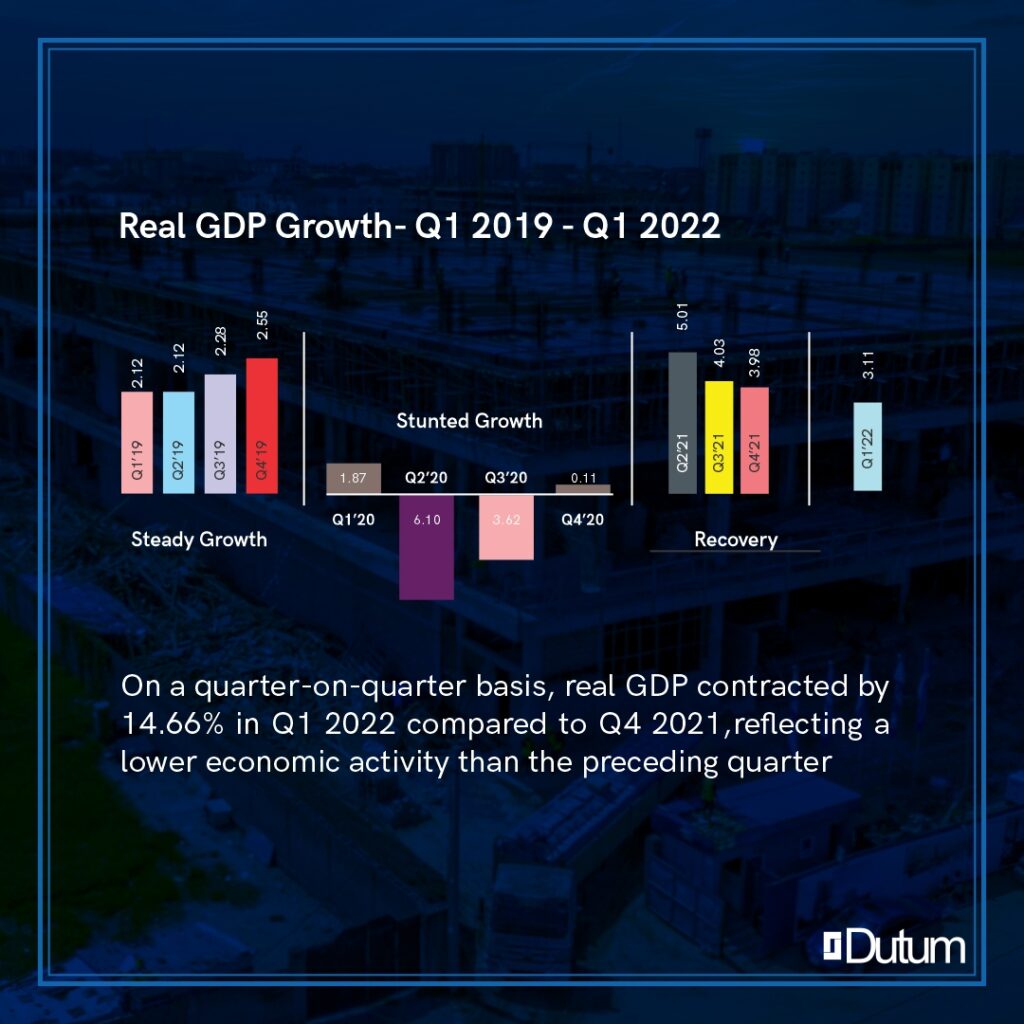
On a quarter-on-quarter basis, real GDP contracted by 14.66% in Q1 2022 compared to Q4 2021, reflecting a lower economic activity than the preceding quarter.
Smart Building Trends
The construction industry is leveraging technology to make construction management and site operations more efficient and sustainable. The major smart building trends include:
- Network-connected sensors and devices
- Centralized data storage
- Secure remote connectivity
- Intelligent building analytics
- Building automation
In addition, the COVID-19 pandemic calls for newer construction methods that adhere to worker safety and regulations. Thus, startups and scaleups are increasingly developing innovations around smart buildings, prefabrication, worker safety, and construction robotics. In parallel, green building solutions and 3D printing reduce the negative environmental impacts of construction.
Construction Waste Statistics
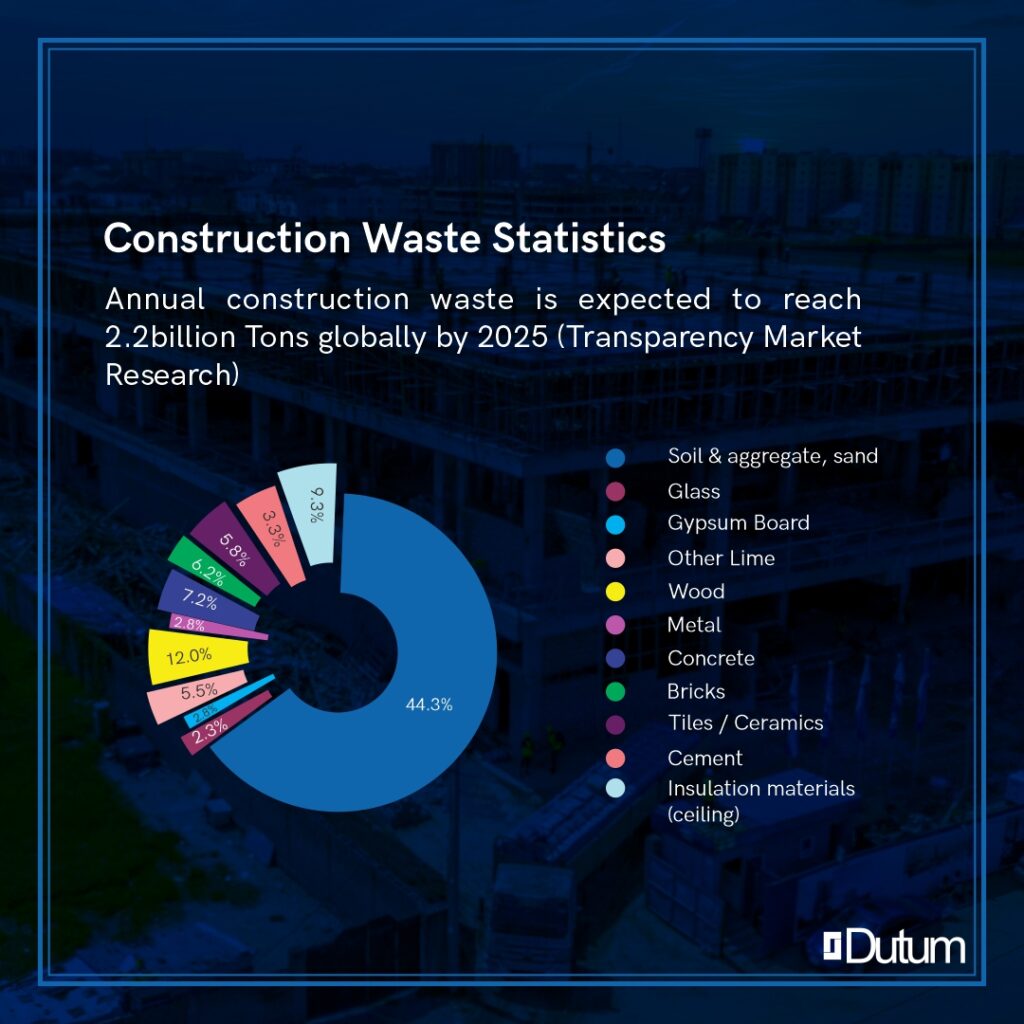
According to Transparency Market Research, annual construction waste is expected to reach 2.2 billion tons globally by 2025.
Smart Building Market Globally
According to Verified Market Research, Global Smart Building Market was valued at USD 50.12 Billion in 2018 and is projected to reach USD 109.35 Billion by 2026, growing at a CAGR of 10.2% from 2019 to 2026.
The Global Smart Building Market report provides a comprehensive analysis of the market for the forecast period. The report includes an analysis of various market segments as well as trends and factors that are affecting the market. Through these factors; market dynamics, we can understand the impact of these factors on the market. Throughout the prognosis period, the Global Smart Building Market study provides an outlook on market revenue development.
Construction News
The Green Building Council Nigeria has announced that it has attained membership in the World Green Building Council. “This is a major milestone for us and is an avenue to add Nigeria to the global stage in the area of green building and urban sustainability” (GBCN).
GBCN was founded in 2010 by experienced stakeholders as a non-governmental organization and is currently led by a seven-member board of directors who continue to promote and advocate green and sustainable buildings and construction.
Conclusion
Waste and energy reduction must be a priority from the procurement process to the construction and development of real estate and infrastructure. Proper sensitization should be done to every stakeholder and the “Reduce”, “Reuse” and “Recycle” strategy should be adopted.
Concrete waste, which forms the bulk of construction waste must be properly addressed through the right measurements and designs for alternative solutions.
Following the trends, there is an improvement in the adoption of green & smart building designs with more construction firms and developers obtaining the necessary certificates and status.
We only have one planet, it’s therefore, our responsibility to cater to it.


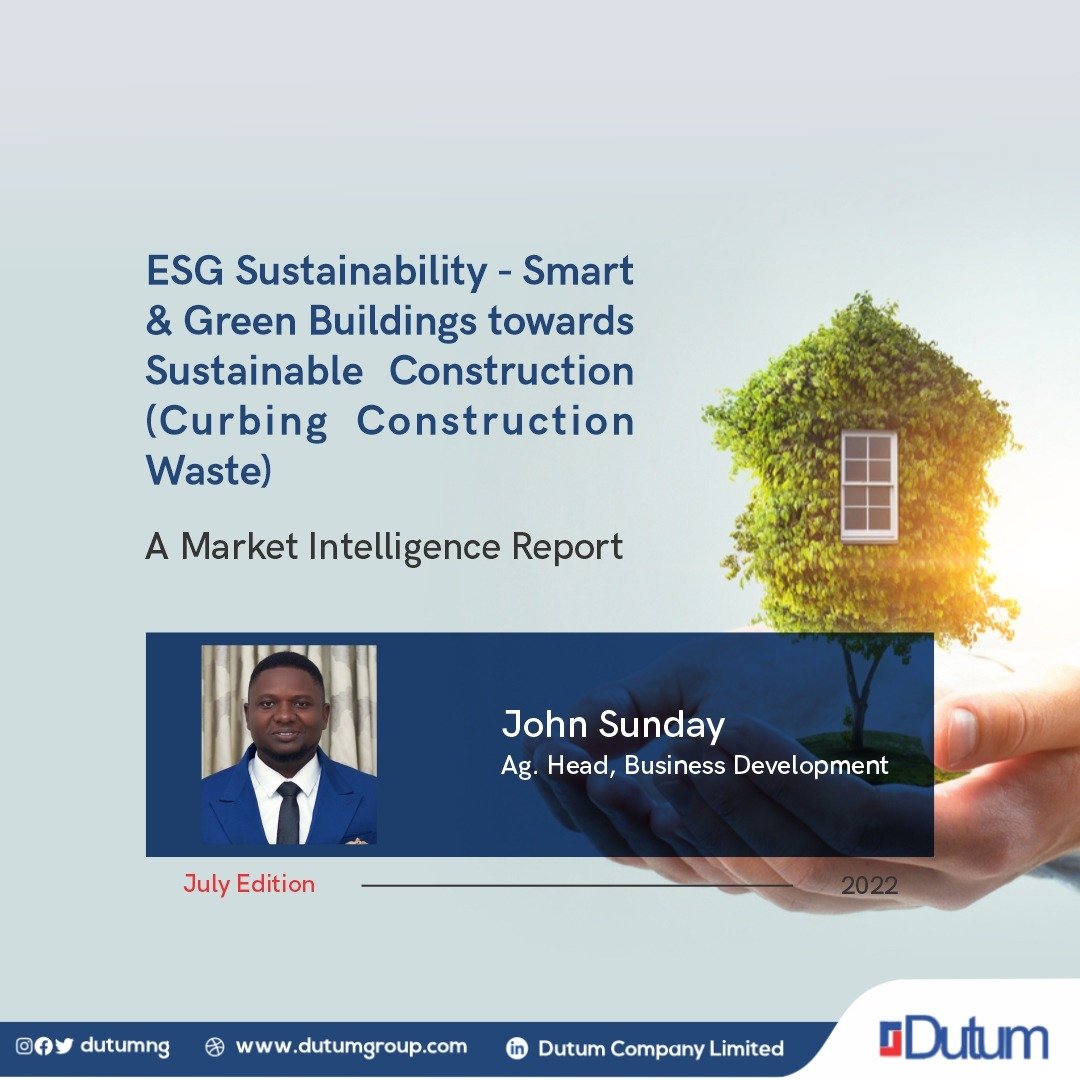
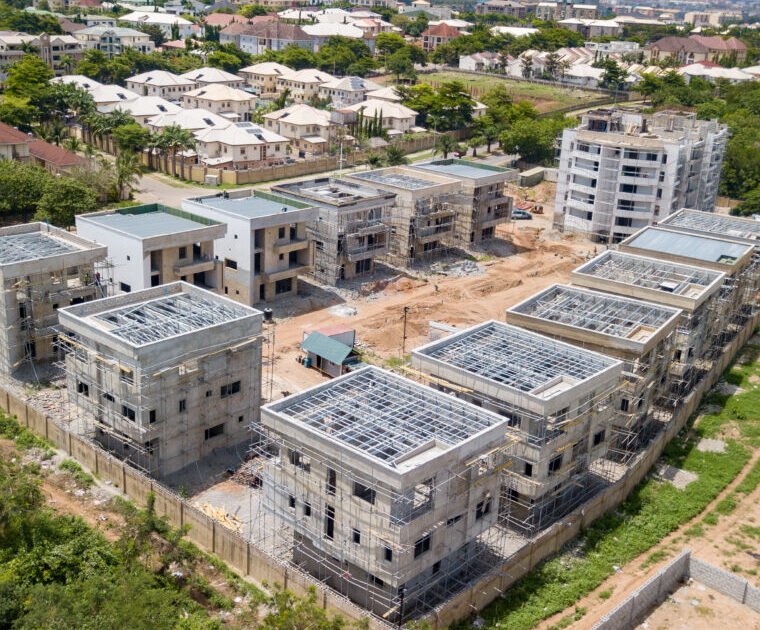
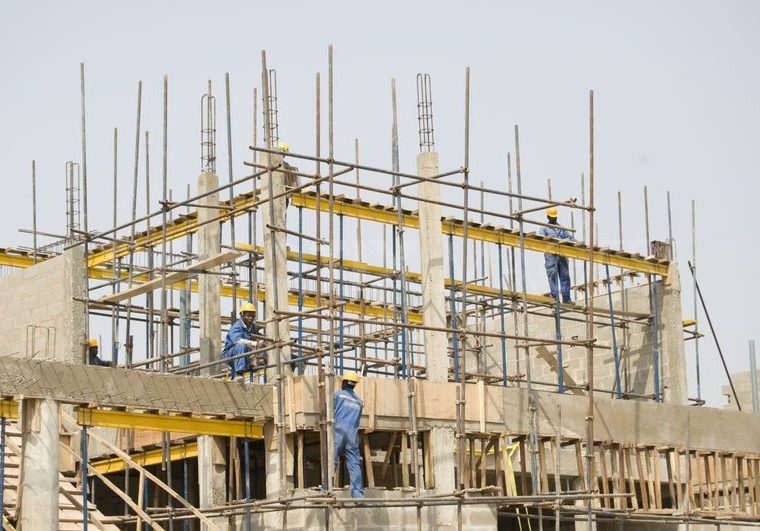

1 Comment